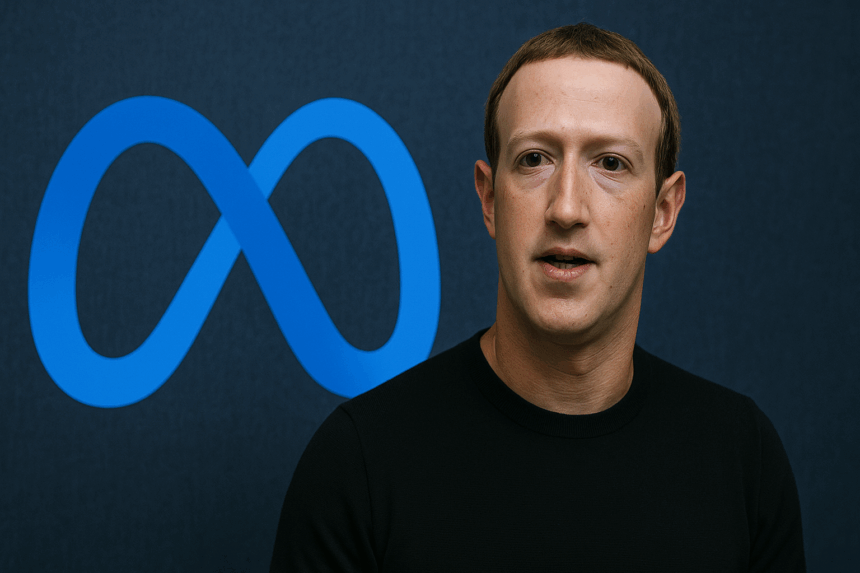Meta CEO Mark Zuckerberg confirms that the company’s upcoming superintelligence AI will not be open-source. Meta’s pivot from previous promises about open AI models like Llama. Zuckerberg cites safety concerns and the need to control risks as reasons for restricting access. Meta continues investing billions to develop advanced AI technologies while aiming to deliver AI capabilities widely across its platforms.
What’s Happening & Why This Matters

Zuckerberg recently published a detailed manifesto outlining an ambitious goal to build AI systems smarter than humans. He states experiments see early signs of AI improving itself. Despite progress, Zuckerberg emphasises that superintelligence is risky to safety and security. He stresses the need for strict risk mitigation and cautious decisions about what models to publicise.
Zuckerberg’s stance changed from a year ago when he championed open-source AI. He believed, at the time, it would be safer and foster innovation. Meta’s current AI methods are less transparent. Company policies limit access to its models and data.
For example, Meta’s Llama large language model (LLM) is partially closed. Users must accept Meta’s licensing terms, which restrict certain applications and impose user limits. Meta also restricts Llama’s availability in regions like the European Union; Llama’s training datasets are also withheld. Meta’s restrictions focus on control, safety, and commercial interests.
Zuckerberg also points out that keeping the superintelligent AI proprietary helps Meta maintain a competitive edge. The company invests heavily in recruiting top AI talent from rivals such as OpenAI and Apple. It spends billions on new data centres designed to develop and run powerful AI systems.
Financially, Meta’s AI investments are already boosting its core advertising business. Meta recently reported strong earnings driven by AI-enhanced ads and expects continued revenue growth. Still, the company plans to spend more on infrastructure and hiring technical talent, further supporting AI development.
Zuckerberg envisions superintelligence becoming a personal assistant available to billions, increasing productivity and creativity. Yet, the cautious approach to openness underscores the complexities of balancing innovation, safety, and control in AI.
TF Summary: What’s Next
Meta retracts its open-source AI pledge for its upcoming superintelligence, citing safety and strategic concerns. Meta plans further investments in AI research and infrastructure to stay competitive.
Meta’s modified strategy introduces questions about transparency, control, and AI’s roles in our society. How Meta manages these tensions will shape its leadership in the AI era and influence the technology ecosystem.
— Text-to-Speech (TTS) provided by gspeech


